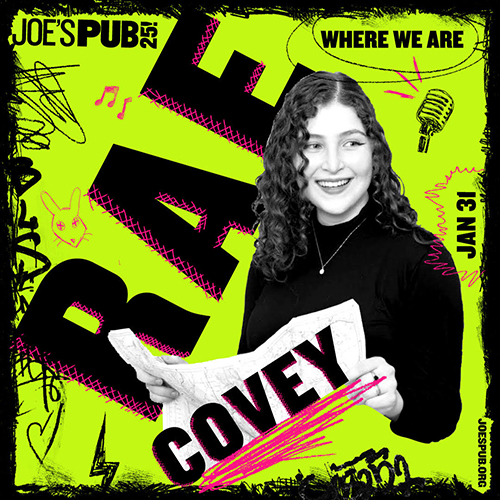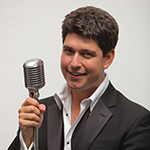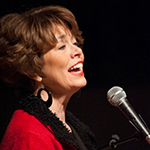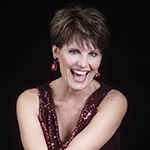Where We Are: A Song Cycle by Rae Covey
Joe’s Pub, NYC, January 31, 2024
Reviewed by Randolph B. Eigenbrode

Inspiration can strike in the most unexpected of places. After finding an abandoned book— by the Hand Drawn Map Association, no less—in a basement laundry room, songwriter Rae Covey was consumed with questions: Who were the inhabitants of those drawings, and what were their backstories? The genesis for a song cycle emerged with fictional answers to those questions and Where We Are was born.
At its core, Covey’s piece is about destinations, but it was each song’s journey that was most striking. Covey conjured universal emotions in dizzying detail: confusion, fear, love, self-acceptance, grief, and the like. Her narratives provided a playground for the evening’s actors—David Baida, Sarah Dacey Charles, Claire Kwon, and Stefan Schallack—to play in. They expertly navigated each narrative and found self-realizations at every turn to ensure that each piece ended in an emotional locale different from where it started.
A quirky “Chapstick” had Schallack picking up odd debris he had seen along his bike route. Comically idiosyncratic at first, he revealed midway through that he’d just discovered he was going to be a father. He used the rest of the song to search in a captivating way for the justification of his need for control and goodwill—Very good. On the other end of the control spectrum was Kwon, who in “Spontaneé,” struggled to take an impromptu trip from Belgium to France. As she passionately tried to be more impulsive, she found herself with a major language barrier and lost in a foreign country. Kwon (and Covey’s song) deftly maneuvered a cornucopia of feelings, coming at 90 miles an hour with comic aplomb—also, very good.
Covey’s music had a straight-forward quality that fit easily within the established contemporary musical-theater vein. Yet it was her vibrant lyrics, brimming with humanity and pathos, that were the true stars. “Run” found couch potato everyman Baida (perfectly cast) panting and out of breath. As he tried to feign interest in jogging, all to impress an attractive mate who had mistaken him for a runner, he internally lamented his scam. Unexpected rhymes (“people” with “medieval”) and interesting word choices (“prehistoric,” “barbaric,” and even “Gatorade”) ensued. Yet the result was an unexpectedly rich and charming performance.
Indeed, Covey’ss pecific word choices simultaneously revealed both the mundane and the intimate. In “Take the Picture,” a photographer with a penchant for capturing the beauty of life recounts a prize-winning photoset she had unexpectedly taken in downtown Manhattan. It was taken during an early morning in September 2001, and it was “on the camera that held photos of [her] newborn son.” Charles, with a refreshing simplicity, gently reflected on the change in her artistic output and, moreover, in the entire world. Quietly she intellectualized her experience—with light comes darkness—and hoped that “our amplitude of beauty matches the depth of the pain.” The sentiment (and the performance) rang like an alarm in the quiet show room.
On a separate note, the players who brought this music to life were especially good: Sarah Fazendin (violin), Caitlin Thomas (cello), Katty Mayorga (guitar), Britton Matthews (percussion), and MD Andrea Yahe (piano). Special attention should be paid to Shane Dittmar’s spectacular arrangements; they were full of musical nuance and sounded every bit like a fully realized original cast album.
There is no denying that Covey has quite a career before her, a journey that itself will be mapped out by historians in years to come. In the meantime, the starting point she’s established for herself is profoundly exciting.





